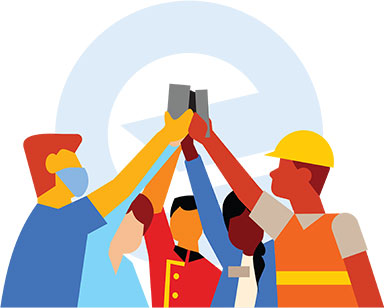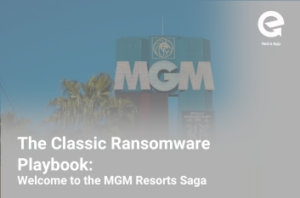This weekend I was consuming content and chatting with friends on Twitter when I read two posts from Matt Ridings (@techguerilla) regarding meritocracy in traditional business hierarchies and millennials.
The posts highlight ‘meritocracy.’ In other words, a work environment which allows a person to have a voice, create, and advance quickly based on merit and value. A meritocracy, when done well, would place a high priority on creating a context where people are allowed to thrive and ask, “Why not?” and “What if . . . ?” without being squashed with a “We’ve never done it that way before.” Matt went on to add that a ‘meritocracy’ is precisely what the millennial generation seeks and craves.
When I asked him for an article or research for more info, he quickly pointed me to a PwC study about managing tomorrow’s people, i.e., millennials.
The entire study is a helpful perspective for any HR professional or senior manager who is actively seeking new employees. What millennials want from work is very different from previous generations – especially the Boomer and Gen X. Of particular interest to me was the techno and ‘mobile’ core of millennials.
Regarding technology, the PwC study notes as one of its key findings:
A techno generation avoiding face time? With technology dominating every aspect of their lives, it is perhaps not surprising that 41% say they prefer to communicate electronically at work than face to face or even over the telephone. They routinely make use of their own technology at work and three-quarters believe that access to technology makes them more effective at work. However, technology is often a catalyst for intergenerational conflict in the workplace and many millennials feel held back by rigid or outdated working styles
The BYOD (bring your own device) culture is here and not going to change, even if some IT departments wish it would. Moreover, millennials prefer to communicate electronically. And why not? They learned to communicate electronically via SMS and send an average of 3-4,000 texts per month.
If senior management hopes to entice and keep new talent, they must realize that communication for millennials is different. They don’t ask for (nor need) a desk phone and office line. For that matter, they don’t even have a home phone line. So, if a VP of Sales expects a new millennial sales rep to cold call 50 people a day from a desk phone, he is going to be disappointed. Millennials use LinkedIn and Twitter to network. If the HR department believes sending a PDF via email for a millennial to fill out and fax back is going to be effective, well, I think you know that is going to end.
When millennials (or any generation for that matter) feel “held back by rigid or outdated working styles” then both the company and employee can not advance. I realize technology – even mobile technology – can cause stress for employers not used to it. Change is never easy. Change takes risk. Yet, a work place that embraces change is exactly what will attract millennials and will ultimately lead to future growth for businesses.
Personally speaking, a ‘meritocracy’ is what I want as an employee and grateful Red e App embraces this type of culture. If you want to chat more about our ‘meritocracy’, I’m always listening @MarketingMusing.
Patrick Goodman
Red e App Product and Engagement Lead


